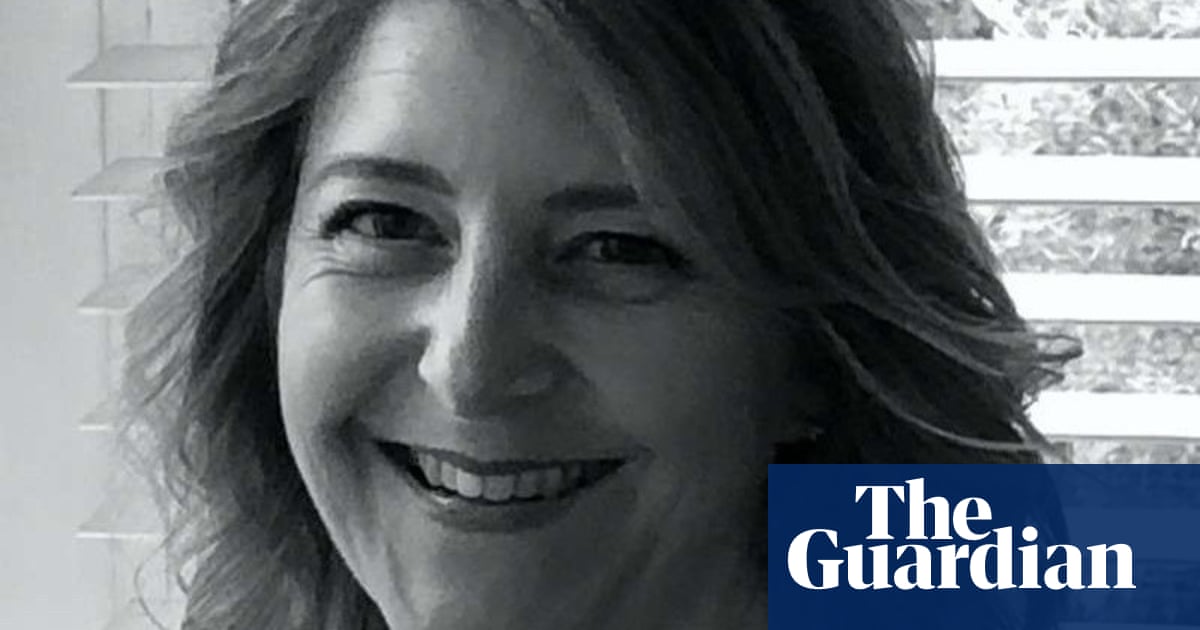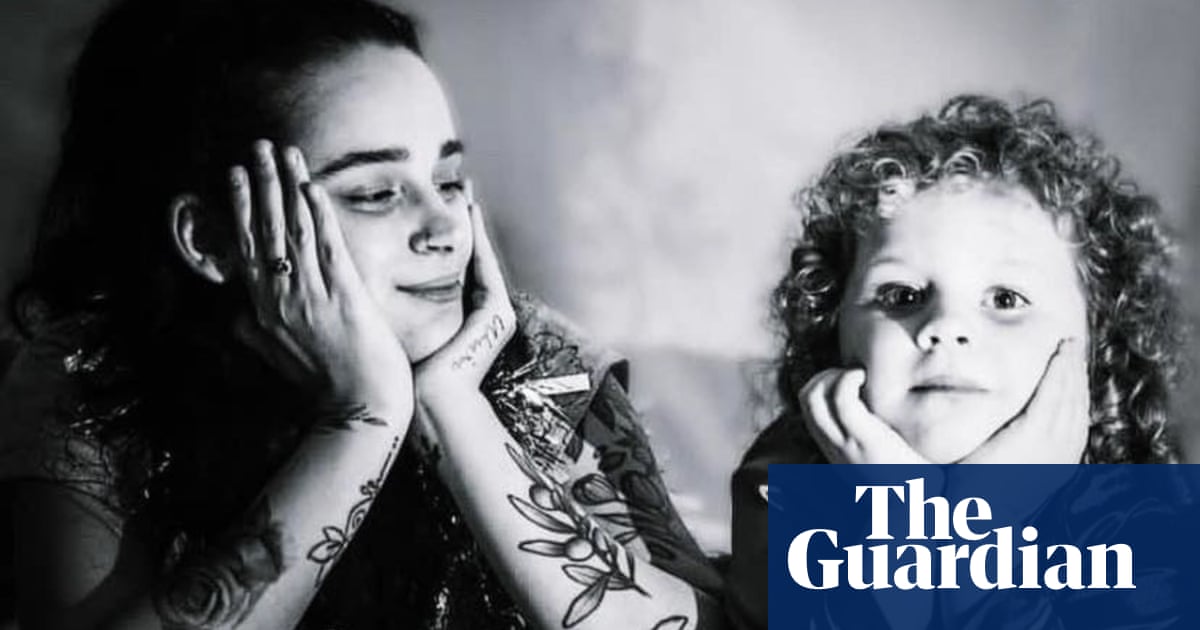
The family of Lore Gordon, who was among the German Jewish children evacuated to Britain on the Kindertransport, have paid tribute to her following her death at the age of 96 after contracting Covid-19.
The virus, said her family, had achieved what Hitler and the Blitz failed to do – “to quench an adventurous, positive and generous loving spirit”.
Lore first came to Britain with her sister in 1939 at the age of 16 as one of 10,000 German Jewish children sent through the Kindertransport.
While her mother was a Christian, the Heimann family were assimilated Jews in the liberal Rhenish town of Wuppertal in north Germany. Her father, a chairman of the Jewish community, worked in a family department store until the Nazis caused it to close. After the war, and his incarceration by the Nazis, he was appointed director of housing,
A German cousin later thanked Lore for saving his life through her gathering of details of children, which she shared with her eventual husband, Alfred, then based in England after his own release from Dachau concentration camp, and who then worked for children’s evacuation.
In England, she spent six happy weeks at Bromley Girls’ grammar school improving her English but, when the Nazis invaded the Low Countries in May 1940, her classification as an “enemy alien” led to her being interned on the Isle of Man for several months. Her status was eventually changed and she was able to throw herself into the war effort by working in a factory.
In 1942 she married Alfred, who had joined the British army, and trained as a teacher after bringing up three children, the eldest of whom, Richard, died aged 21. She worked at secondary schools for many years, teaching needlework as well as in English, maths and German.
Later generations would learn of the wartime efforts of Lore and her husband, who died in 2003, through their recollections on television and also from the Imperial War Museum (IWM), which collected an oral history from her.
Speaking in that oral history, she recalled her correspondence with Alfred when he was in England: “He kept sending [letters] to me saying: give me names of children, I am trying to find homes for them. I used to get them to him by return of post. We kept all the names and he had quite a few.”
“At the end of his life he said: ‘I haven’t achieved anything,’ and I said: ‘If you had saved one life … but look how many you have saved.”
In the same history, she spoke of what life was like under the Nazis, saying: “I can’t say I was frightened, but I realised other people were, especially the older generation.”
She also recalled the moment when she and others, including children as young as four, stood by the windows of their train to say goodbye to their parents standing on a station platform.
“My parents and other parents stood near to the window, sort of touching hands and the [Nazi] Brownshirts came along and pushed them away.”
Her daughter, Margaret, spoke this week of Lore’s “positive nature and zest for life, her pragmatism, fairness, generosity, loving care and, above all, her infectious laugh and beaming smile that inspired many to take a gentler path”.
“She enriched so many people’s lives that the world is a poorer place without her.”
In her later years she moved back to the centre of Bromley, south-east London, after Alfred’s death, before residing in two care homes. She died on 31 March.
She is survived by family members including her daughter Margaret, son Barrie, grandchildren Corrina, Jacob, Joseph and Rosanna, and great-grandchildren Benjamin and Zia, and godson Martin.












